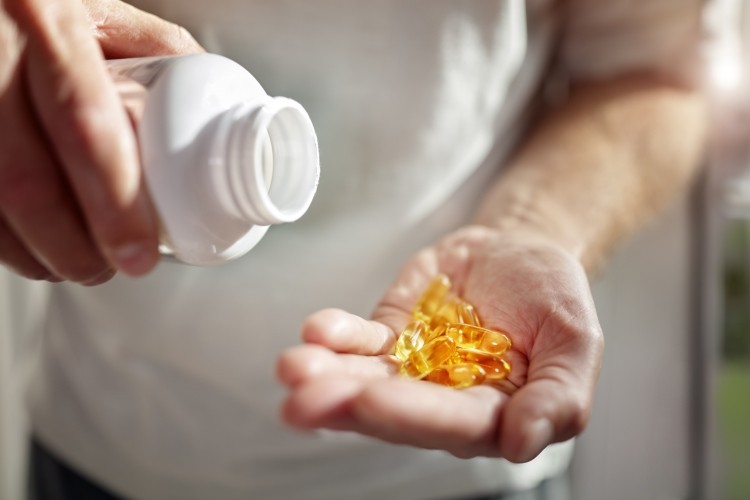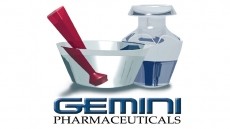FROM THE EDITOR'S DESK
Sloppy messaging on product performance misleads consumers

Last week, I argued in this space that transparency needs to extend through the supply chain. I argued that being upfront about where ingredients come from and the quality of those constituents will help established brands compete with online upstarts.
That same spirit of honesty ought to extend to product performance attributes. All too often I have seen marketers take advantage of how little most consumers understand about how dietary supplement ingredients work to load them up with information that, while not exactly bogus, might be stretched to the breaking point.
What does ‘more bioavailable’ mean?
All too often, I see claims for product performance attributes that are only weakly supported by science. ‘More bioavailable’ is perhaps the most common. What does this mean?
Last year, prominent lipid chemist Nils Hoem, PhD, chief scientist for krill oil supplier Aker BioMarine, gave me a primer on why he believes this term is so misused in the industry.
Bioavailability is a term taken from the pharmaceutical realm, Hoem said. It’s related to the term bioequivalence, which describes how a generic drug matches the performance of the branded precursor it is meant to mimic.
These questions rest on a detailed description of a compound’s pharmacokinetics. This means knowing in great detail how a compound behaves in the body.
“In the pharmaceutical realm some of the things that you really need to know is how much of the drug is taken up, how fast it is taken up, how fast it is distributed, where it is going and how it is eventually broken down and or excreted,” Hoem said.
“If you don’t know these things you can’t possibly know how much of the drug to give. They are the foundations of dosing,” he said.
But in the dietary supplement realm, the situation is less well defined. Many supplement ingredients, such as omega-3s, were on the market for decades before their precise pharmacokinetics were fully described. Many supplement ingredients still lack this information.
In many cases, then, ‘more bioavailable’ is used by supplement marketers to mean simply, ‘better.’ This not only pulls the wool over their own customers’ eyes, but also dilutes the same claims for the rest of the industry.
Of apples, oranges and red herrings
I have had entrepreneurs tell me their products are more bioavailable because they are presented in liquid form. There are grandiose statements about how competitors' products are mostly excreted, but their fancy liquid vitamin product is going to get those bioactives where they need to go.
In some cases these have been mere suspensions of ingredients. I admit I’m no biochemist, but if the primary difference is that one product includes water in the dosage form and the other doesn’t, that seems to be a red herring to me. Most consumers will take a vitamin with water anyway, right?
Furthermore, it seems to me that once that suspension hits the stomach, the water will get absorbed quickly, leaving the bioactive ingredients to interact with the stomach acids more or less in the same way as the ones from a solid dosage form would. There will of course be a slight difference in time to account for how long it takes for a tablet or capsule to dissolve, but the manufacturers of those dosage forms can trot out dissolution data to show that this is of little concern.
Not-so-useful comparisons
Then there are comparisons made on ways to enhance the absorption of hard-to-absorb ingredients. Polyphenolic ingredients or other highly tannic compounds as a category tend to be poorly absorbed and so have been the focus of much of this innovation.
To take turmeric as an example, much excellent work has been done to boost the absorption of this important ingredient via several strategies. This includes nano sizing, formulation with various lipid carriers and other approaches.
The science behind these innovations is solid. But how those benefits might be communicated by brand holders to consumers isn’t always up to that same standard. In some cases, the claims made for the improvements might be compared to unformulated curcumin, or even to a base turmeric powder.
If a consumer is educated enough to understand the formulation challenge and is willing to pay a bit more for a product that might offer more benefits along this line, why not provide more pertinent and useful information about product performance?
To use an automobile analogy, the purchaser of a luxury performance car isn’t interested in how much faster it accelerates, how much quieter it is or how much better it handles than a bargain basement econobox. Rather, she is looking for how that car’s performance compares to other luxury brands.
To extend the analogy, consumers don’t know as much about dietary supplements as most of them do about cars. What the industry should be doing is to educate them on these questions, rather than in some cases trying to take advantage of their ignorance.
Risk of sloppy messages
The Food and Drug Administration might be starting to take notice of this question. In a recent warning letter, FDA took a supplement marketer to task for saying a fish oil supplement presented in a dosage form with a greater bioavailability claim had “fifty times more fish oil” than competing products.
According to attorney Marc Ullman, of counsel with the firm Rivkin Radler, sloppy messaging around product performance could leave a brand open to a possible class action suit. It might even attract the attention of the Federal Trade Commission, which regulates truth in advertising questions within the dietary supplement industry.
So, in this arena of communication with consumers as in others, honesty is the best policy. If you are selling a mid quality brand, own up to it and tell your consumers why your brand offers a good value, even if it might not be a BMW. And if you are selling a more expensive product, be forthright about the comparisons you’re making so that consumers can be confident they got what they paid for, rather than finding out later they’d been hoodwinked.
















